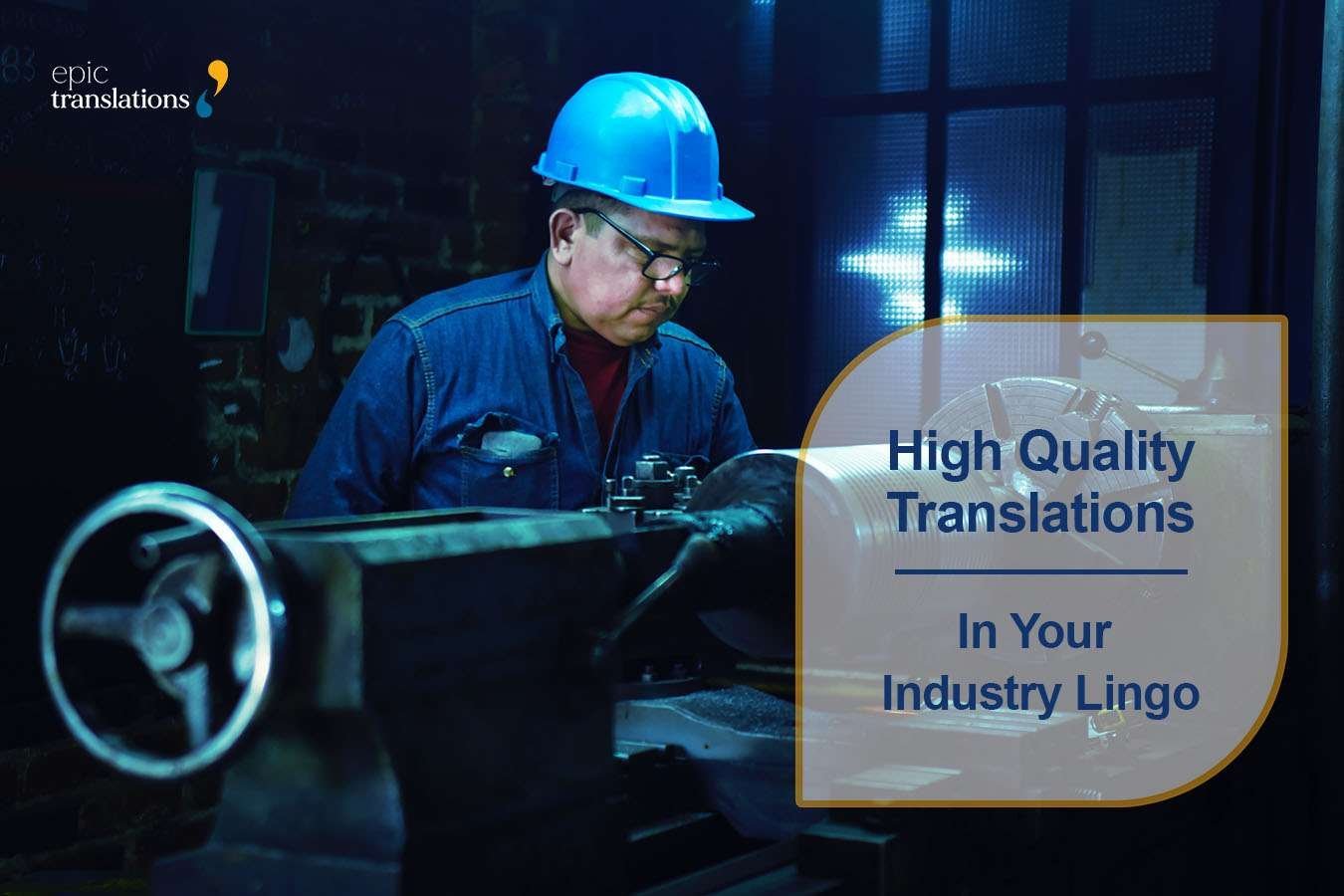[:en]With a wide range of partners representing a combined 40% of global GDP, the United States inaugurated the Indo-Pacific Economic Framework for Prosperity (IPEF) on May 23, 2022, in Tokyo.
Trading partners have voiced a desire for trade agreements that foster resilience and enable inclusive, sustainable economic growth that benefits employees and the environment as they seek to combat and recover from the COVID-19 epidemic.

The Indo-Pacific region will have a significant impact on the economy of the twenty-first century, and IPEF will help economies thrive sustainably.
With a trade pillar and three additional pillars covering supply chains, renewable energy, decarbonization, and infrastructure, as well as tax and anti-corruption, the IPEF is meant to be different from a standard free trade agreement.
Few of the first industries to be influenced by IPEF are aircraft engines & parts, and civil & defense aircrafts.
The trade pillar includes countries such as Australia, Brunei Darussalam, Fiji, Japan, Indonesia, Republic of Korea, Malaysia, New Zealand, Philippines, Singapore, Thailand, Vietnam, and the United States, and aims to create promises for high-standard, inclusive, free, and fair trade.
It also aims to create innovative methods for trade and technological cooperation that will support long-term prosperity both abroad and at home.
The Biden-Harris administration’s strategy for achieving these objectives with allies in the Indo-Pacific and negotiating a trade deal that will benefit IPEF countries is outlined in this document.
The USA will specifically seek commitments in the areas of labor, environment, digital economy, trade facilitation, agriculture, competition policy, transparency and good regulatory procedures, inclusion, technical assistance, and economic cooperation.

IPEF Languages
Are you seeking to increase your exports to IPEF countries? If so, you will need to make sure your product manuals, legal agreements, and website copy are translated into the following languages:
- Malay
- Japanese
- Bahasa
- Korean
- Filipino
- Thai
- Vietnamese
There are quite a few IPEF countries where your existing English content will suffice, but for the above languages there will be a need for translating your content to make a dent in those countries.
The Administration plans to develop these components with additional input and discussion from stakeholders, trading partners, and Congress in order to advance its objectives in every area of the negotiation.
As mentioned above, the 3 cornerstones for IPEF will be:
- Resilience – The COVID-19 pandemic has shown significant vulnerabilities in our current supply systems. Strong trade facilitation laws will assist ensure that goods may traverse our borders and will help the IPEF countries become more resilient.
- Inclusion – The guiding principle of the Biden-Harris Administration’s trade policy is the conviction that setting high-standard labor rights commitments will help workers in the United States and throughout the world while ensuring that trade policy is more inclusive and its benefits are widely shared.
- Sustainability – There is clear intention to use IPEF to pursue a number of commitments on agriculture issues in addition to the more conventional environmental and climate issues, in order to ensure a sustainable global agriculture system that safeguards the environment, aids in ensuring our people’s continued secure access to food, and promotes the success of our farmers.
Good Bye TPP. Hello IPEF
All in all, we can safely assume that IPEF championed by the Biden-Harris administration will be replacing TPP that was championed by the Obama administration.
Do you manufacture and export aircraft engines / parts to IPEF countries? Do you need to translate your product manuals, legal agreements, and website copy for IPEF countries? If so, click here for a free no obligation quote.[:]